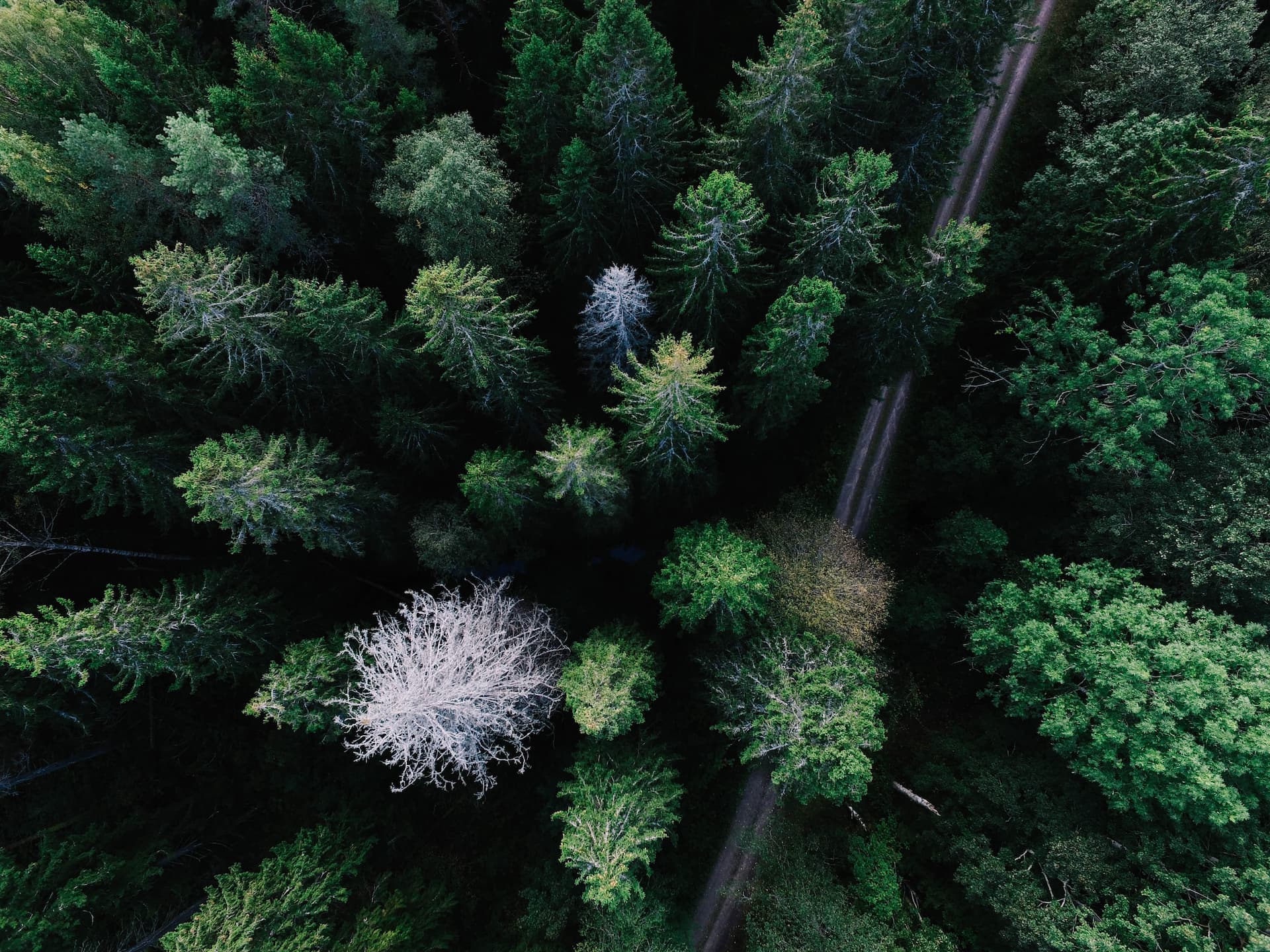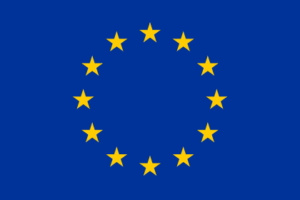Authors: Cerrato S., Balli E.
Cerrato S., Balli E. (2024), The Step Change Navigator, ECSA, Berlin
Wildlife conservation | Slovenia
Our first stop on this voyage takes us to the Hunters Association of Slovenia (HAS), the main Slovene hunting organisation of nearly 21,000 members. Their mission emphasises sustainable wildlife management, hunter education, and environmental protection.
To achieve these multifaceted goals, the HAS has developed a pioneering tool called the Hunting Information System (HIS). This innovative tool serves as a comprehensive national wildlife data repository.
While collaboration between the HAS, decision-makers, and researchers exists, the full potential of the HIS for advanced analyses and scientific exploration remains untapped.
The University of Primorska team set out to improve the collection of evidence for wildlife presence in Slovenia. Their strategy involved recruiting citizen scientists, including outdoor enthusiasts and nature observers, through an experimental campaign. Establishing data collection and verification procedures was crucial for ensuring the quality and reliability of the information gathered.
Diverse tools, shared goal
The team employed various tools to collect wildlife data from citizen scientists, including the development of the SRNA app and the use of camera traps. This citizen science initiative served as a test bed for evaluating the potential of citizen science in supporting evidence-based wildlife management and raising public awareness about biodiversity and conservation.
Facing the winds of experience
Utilising the innovative SRNA app and camera traps, the University of Primorska team swiftly gathered a significant amount of wildlife observation data that would have been impossible through traditional scientific monitoring alone. Camera traps provided valuable insights into animal presence and abundance in specific locations. Collaboration with HAS hunters and the participation of nature enthusiasts via the SRNA app were both successful aspects of the project. Additionally, the Step Change project facilitated knowledge transfer and awareness-raising about wildlife and nature through connecting the University of Primorska team with diverse stakeholders and decision-making bodies.
Navigating challenges
Despite their successes, the University of Primorska team encountered obstacles. Raising awareness about wildlife conservation research and the SRNA app among local communities proved challenging. While reaching established stakeholders was smoother due to existing connections, maintaining user engagement with the SRNA app posed another hurdle.
Charting a new course
To address these challenges, the University of Primorska team embarked on several initiatives. Workshops and events were organised to reignite community interest, and an active social media presence was maintained to emphasise the importance of wildlife conservation efforts.
Unforgettable encounters
During the European Researchers’ Night 2023, the University of Primorska team encountered a delightful challenge. A workshop initially designed for Slovenian children was adapted on the fly to accommodate a group of children from various backgrounds, including Italian speakers. Despite the unexpected change, the team successfully provided engaging activities and valuable information about wildlife, leaving the children with a positive experience.
Messages for future navigators
This section shares valuable messages gleaned from the University of Primorska’s expedition, serving as a compass for new navigators embarking on their own citizen science journeys.
Assembling a diverse crew
Reflecting on their experience, the team emphasises the significance of a diverse crew in citizen scien- ce projects. They recommend including nature observers from various cultural backgrounds, genders, social statuses, and vulnerable groups. A dedicated strategy for enrolling and engaging such diverse participants is crucial to promote the project effectively.
Setting sail with a plan
Before embarking on any citizen science voyage, careful pre-voyage planning is essential. This inclu- des mapping your stakeholders and identifying your target groups of citizen scientists.
Charting your course
Clearly define your main objective and strategize how citizen participation can contribute to achieving it within your specific research context. This ensures your journey has a clear destination.
Sending out the signals
Communication and dissemination are key to attracting a robust crew of citizen scientists. Utilise va- rious social media platforms for large-scale promotional campaigns, and organise events and work- shops to engage your target audience.
Equipping your crew
The SRNA app served as a valuable tool on this voyage, but the team acknowledges potential for im- provement. They recommend incorporating interactive and game-like elements, like points, badges, and competition, to boost user motivation and enhance data collection.
Building a community
Adding a community tab within the app could foster engagement. This space would allow users to ask questions of researchers and other citizen scientists, sharing wildlife observations and experiences. Additionally, the wildlife identification quiz could benefit from minor refinements.
Navigation tips
The team emphasises the importance of meticulous data planning. Collecting data with analysis in mind ensures you have the necessary tools and knowledge to interpret your findings once you reach your destination.
Ethical considerations
Ethical considerations must be addressed throughout your research. If you develop an app, be transparent about the collection of any personal data. Similarly, be mindful of the potential for camera traps to capture bystanders and ensure appropriate protocols are in place.
User Type
- Citizen scientist/civil society organization
- Educator/museum
- Researcher/research institution
- Teacher/school
Resource type
- Case studies
- Projects/project examples
Research Field
- Environmental sciences



